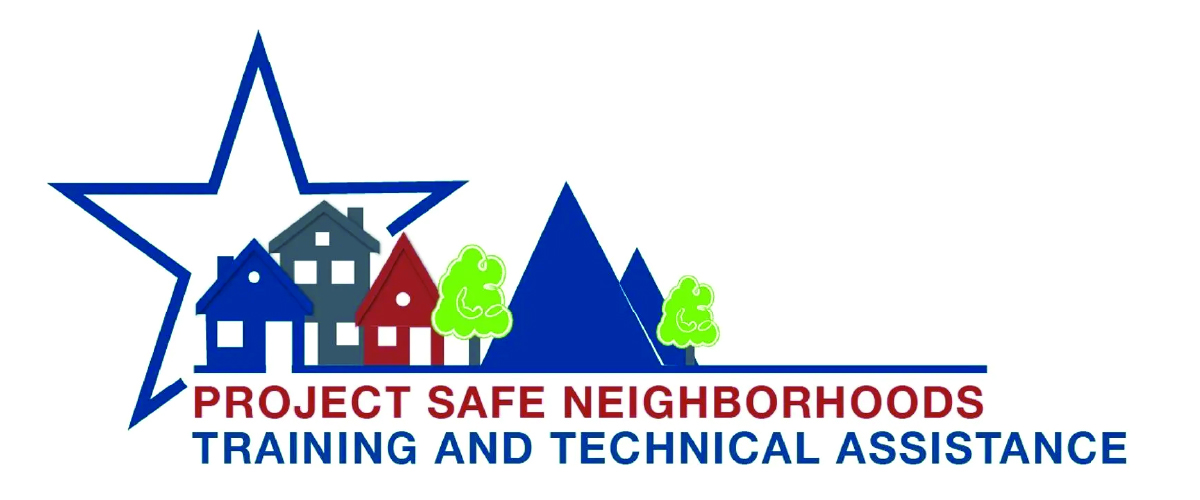A Systematic Review of Project Safe Neighborhoods Effects
Project Safe Neighborhoods (PSN) is an ongoing national program, implemented by U.S. Attorney’s Offices and funded by the U.S. Department of Justice, to address gun and gang violence in local jurisdictions within all 94 federal districts in the United States. While dozens of studies have evaluated the local effects of PSN programs, a comprehensive review of PSN literature is missing; this article addresses that gap. The current study conducts a systematic review of empirical studies of PSN programs from 2001 to 2021 across nine major academic databases and five websites. Twenty-one evaluations were retained for a detailed review and categorized based on Maryland Scientific Methods Scale values. PSN initiatives produce overall favorable results in reducing violence in the short-term, though long-term impacts are rarely explored. PSN had an indicated positive effect on 91.9% of the examined outcomes, 54.5% of which attained statistical significance. Task force members state that likelihood of PSN success improves when working groups remain consistent in personnel, communicate regularly, and achieve buy-in from all involved parties. Future research should report effect sizes when appropriate, evaluate PSN programs absent in other high-populated areas, and employ more rigorous experimental and quasi-experimental designs so a meta-analysis can be conducted.
